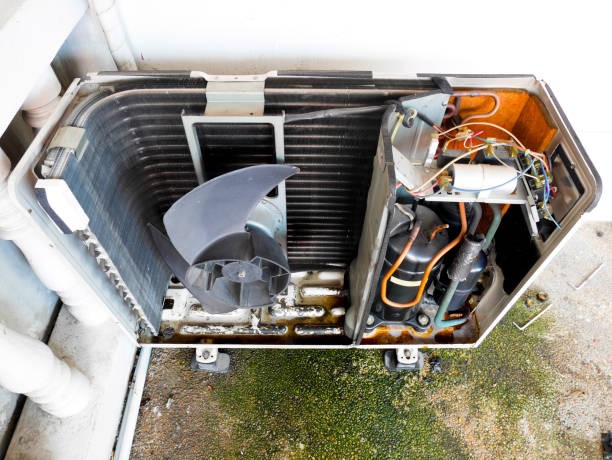Many of us have resorted to the seemingly logical solution of closing air vents in unused rooms to optimize energy efficiency and maintain desired temperatures in our homes. After all, it seems intuitive that blocking airflow to specific areas would save energy and redirect it where needed most. However, this well-intentioned practice can harm your HVAC (Heating, Ventilation, and Air Conditioning) system in the long run. Let’s explore why closing air vents can cause more harm than good.
Closing air vents disrupts the delicate balance of airflow designed by HVAC engineers to ensure the system’s optimal performance. When you close air vents in specific rooms, you disrupt the natural airflow pattern your HVAC system is designed to maintain. Instead of improving efficiency, this disruption can lead to a cascade of negative consequences that compromise your HVAC system’s overall health and performance.
Increased Pressure and Strain:
One of the primary issues associated with closing air vents is the increase in pressure and strain placed on the HVAC system. When air vents are closed, the system must work harder to push air through a smaller network of ducts. This added strain can lead to various issues, including increased energy consumption, reduced system lifespan, and decreased efficiency. The HVAC system’s components, such as the blower motor, may wear out prematurely, necessitating costly repairs or replacements.
Risk of Air Duct Leakage:
Closed air vents can create back pressure within the ductwork, potentially causing leaks at vulnerable points. Over time, this continuous pressure can weaken duct joints and connections, leading to air leaks. Not only does this compromise the efficiency of your HVAC system, but it also allows conditioned air to escape into unconditioned spaces like attics or crawl spaces, further exacerbating energy wastage.
Reduced Air Quality:
Another often overlooked consequence of closing air vents is the impact on indoor air quality. When airflow is restricted, stagnant air can accumulate in closed-off rooms, creating conditions ripe for mold and mildew growth. Additionally, the decreased circulation may lead to dust and other airborne pollutants buildup, exacerbating allergies and respiratory issues among occupants.
Strain on the HVAC Compressor:
In central air conditioning systems, closing vents can result in a phenomenon known as “short cycling.” When the compressor detects insufficient airflow due to closed vents, it may cycle on and off more frequently to maintain the desired temperature. This constant cycling places undue strain on the compressor and reduces its efficiency, ultimately leading to higher energy consumption and increased wear and tear.
While the idea of closing air vents to save energy may seem logical, the reality is that it can cause more harm than good to your HVAC system. From increased pressure and strain to compromised air quality and reduced efficiency, the consequences of this practice can be far-reaching and costly. Instead of resorting to temporary fixes, consider investing in an appropriately sized and balanced HVAC system tailored to your home’s needs. By prioritizing airflow optimization and regular maintenance, you can ensure comfort and longevity for your HVAC system in the coming years.

